Some of the most important questions of the 21st century revolve around when and how artificial intelligence (AI) will surpass human intelligence, how it will reshape the workforce, and whether these developments need to be restrained. These questions reflect concerns about the potential impact of AI on society.
However, beneath these discussions lie a series of misconceptions. The fundamental goal of technological progress is to enhance human capacity and push the boundaries of intelligence toward greater efficiency. AI can be seen as one of the most advanced stages of this process.
The Limits of Human Intelligence: Myths and Realities
Although human intelligence has achieved great milestones throughout history, it is also filled with significant strategic errors and miscalculations. Both individually and collectively, there are numerous examples demonstrating that human intelligence is often overrated. These instances reveal the limitations and flaws of human reasoning.
For example, strategic errors in international conflicts show how human intelligence can easily be clouded by irrational decisions. Russia’s invasion of Ukraine in 2022 is a striking case of such strategic miscalculations.
Military strategy dictates that an attacking force should have at least three times the manpower of the defending force to succeed. Yet, Russia made a significant strategic mistake by ignoring this fundamental military rule. It’s important to note that strategic errors are not exclusive to authoritarian regimes; even international think tanks and experts occasionally make similar miscalculations.
This highlights how fragile human intelligence can be in strategic decision-making processes. Despite rapid technological advancements, people continue to make irrational decisions and errors.
The Fallacy of Universal Intelligence
The notion that human intelligence is universal is largely misleading. In reality, the human brain is specialized in solving social problems, but it often struggles with abstract ones. This calls into question the assumption that human intelligence is truly “universal.”
To illustrate this point, let’s take a different example. Suppose we have three cards, each with different symbols on both sides. One side of each card has a shape, and the other side has a color. The rule is that if a card shows a triangle on one side, the other side must be red. Now, you have three cards: one shows a “circle,” one shows a “triangle,” and the third shows “red.” Which cards should you flip to check if they comply with the rule?
This abstract problem can confuse many people. However, when the same problem is placed in a social context, the solution becomes easier. Imagine you are a restaurant inspector ensuring that all meals comply with dietary regulations. One dish is labeled “gluten-free,” another “vegan,” and the third “spicy.” Which meals should you check to ensure they meet the rules? People are far more likely to solve this social problem more easily than the abstract one.
This example demonstrates that the human brain struggles with abstract problems but can more easily resolve issues in social contexts. On the other hand, AI can excel at both abstract and social problems, showcasing its flexibility in ways that the human brain cannot match.
The Capacity for Logic and Reason in Human Intelligence
Another argument often made in favor of human intelligence is that people can reason and learn, whereas AI merely replicates what it has been taught. However, this claim also warrants closer examination. Even with access to all available information, humans can sometimes reach incorrect conclusions, revealing the limitations of our reasoning capacity.
For instance, consider the debates over the heliocentric model of the universe, where Galileo’s claim that the Earth revolves around the Sun was rejected by the authorities of his time. Yet, mathematically, both the Earth revolving around the Sun and the Sun revolving around the Earth are plausible models. This shows that human intelligence can be swayed by biases and assumptions, often leading to flawed conclusions.
AI: A Tool to Enhance Human Intelligence
Rather than replacing human intelligence, AI should be seen as a tool that complements it. Technological advancements throughout human history have been developed to augment intelligence.
The abacus, calculators, and computers were all tools created to support human cognitive abilities, and AI is the latest extension of these tools. AI aims to extend human capacity and make processes more efficient.
AI may outperform humans in specific tasks, but this does not mean that it will entirely replace people. The primary purpose of AI is to make humans more efficient and elevate their capabilities to new levels. Humanity’s reliance on technology stems from a need to develop tools that enhance intelligence, and AI is the latest manifestation of this need.
Looking Ahead: The Importance of AI for Humanity
In conclusion, the relationship between AI and human intelligence must be reassessed, and the role AI will play in human development should be better understood. AI’s objective is not to threaten human intelligence but to support and strengthen it. In this context, AI’s integration into social and economic life should be seen as a process that offers new opportunities for humanity. Properly managed and developed, AI can play a critical role in building a better future for all.


